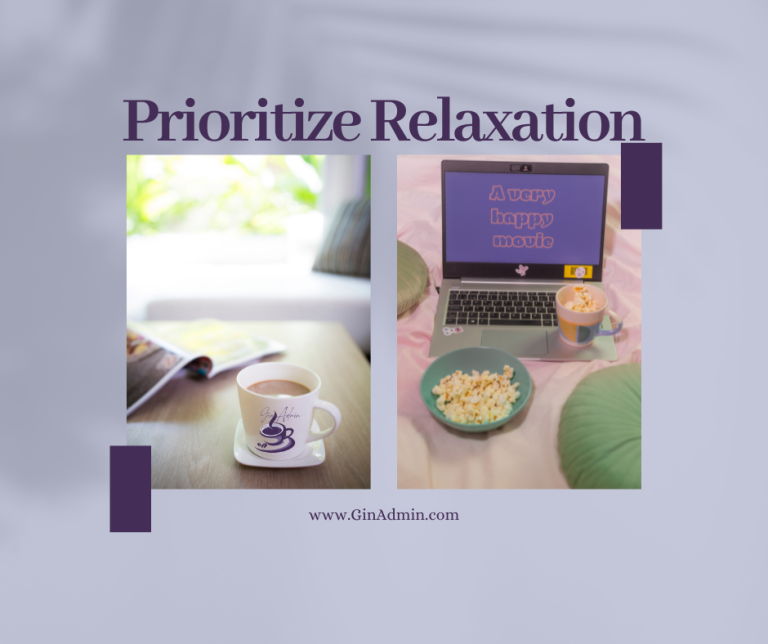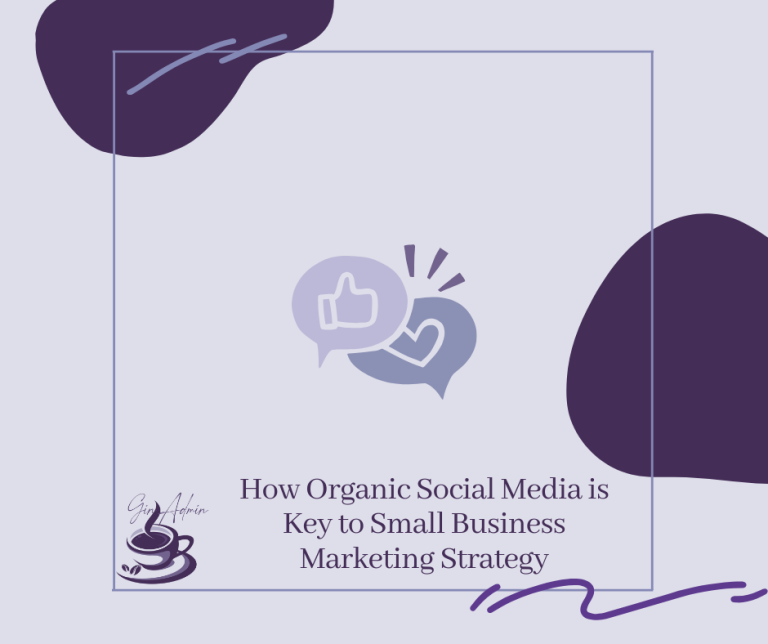Content Creation Basics: Ditch the Boring, Create Stuff People Love
Creating content doesn’t have to be overwhelming! If you’re new to content marketing or looking to update your strategy, here are some tools to create content that works.

Creating content doesn’t have to be overwhelming! If you’re new to content marketing or looking to update your strategy, here are some tools to create content that works.

Small Business Owners: Taking Time for Self-Care is the Best Investment You’ll Make!

Content creation matters more than ever! Here are some tips on how to simplify your content game and take your small business to new heights!

As the new year approaches, now is the time for small businesses to schedule their goal-setting. Here are some helpful tips.

Keep your energy levels up and make the most of your day during the holiday season with these 4 simple tips for small business owners.

AI tools can transform your content creation process, saving time and boosting creativity. Learn how to make them work for your business!

Create evergreen social media content that remains relevant and valuable over time and boosts your small business’s online presence.

Why prioritizing relaxation is essential for small business owners and learn how to incorporate self-care into your daily routine.

Learn how building a strong online presence through organic social media can boost your small business’s brand.

Discover how small business owners can turn imperfections into strengths with practical tips for overcoming perfectionist tendencies.